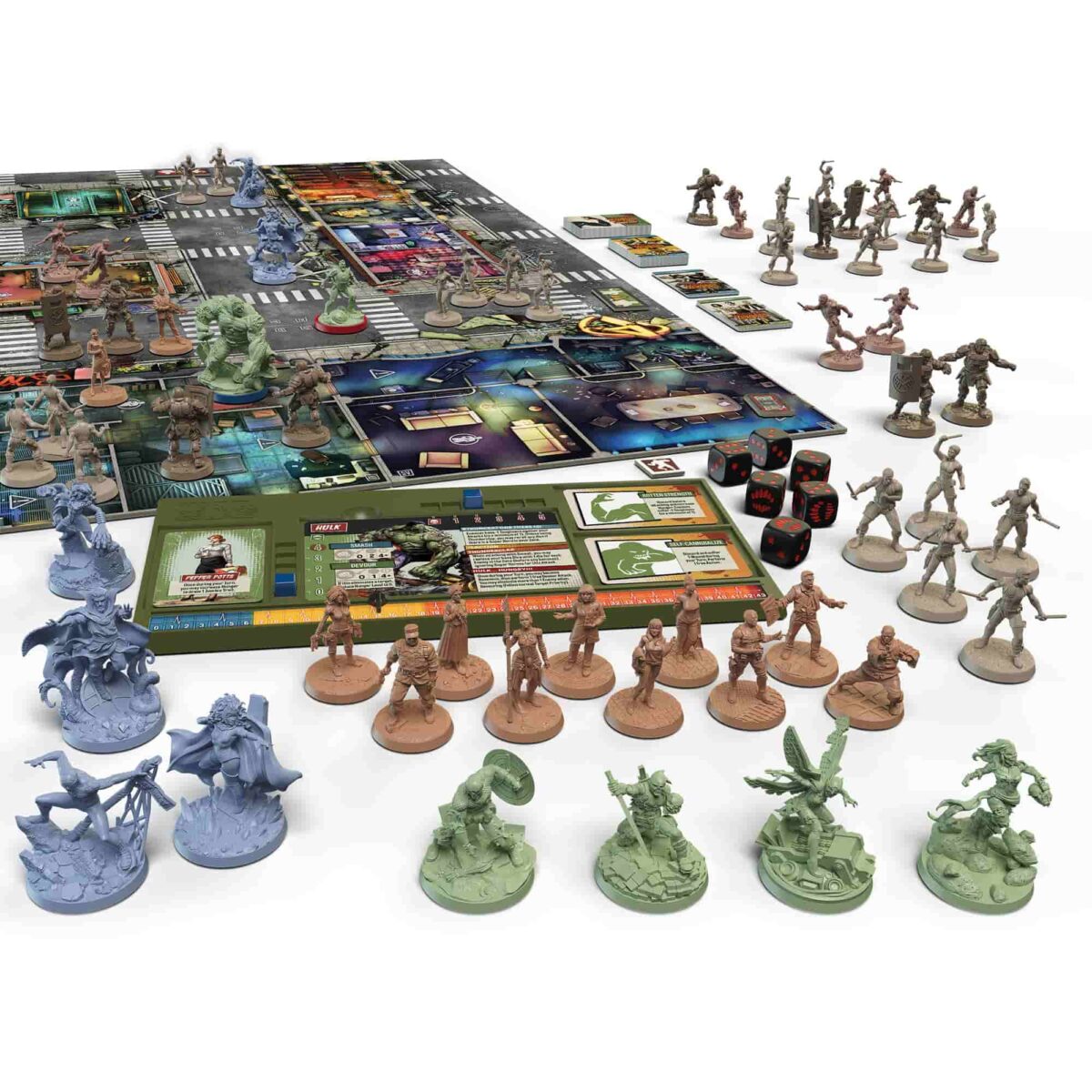CoolMiniOrNot (CMON) is well-known in the board game community for its crowdfunding success, having raised over $100 million across various Kickstarter projects.
CMON moved its crowdfunding operation to an independent platform, however, and it has recently reported estimated losses of between $6 million to $8 million in the first half of 2025 alone.
This dwarfs any profits that they’ve made in previous years, and speaks to a greater problem that could affect other board game publishers.
Board Game Industry Under Threat
Board games on the whole aren’t known for raking in money. It’s not an industry like film or video games where commercial success is the expectation. It’s a niche field, and that often means smaller results, but it obviously costs money to produce these games in the first place — especially the higher quality examples with miniatures and well-designed boards.
This is a problem that’s exacerbated by Donald Trump’s tariffs in the USA, which has made board game production more unaffordable. It is making usual process difficult and preventing businesses from thriving, even when interest in these games was estimated to be increasing in the 2020s.
The Rising Interest
The lack of inherent profit, combined with the high audience interest makes crowdfunding a logical solution to the problem, which is why so many board game publishers resort to it.
Board games represent an alternative to screen-focused activities, allowing people to socialise in a way that doesn’t have to revolve around drinking or spending a lot of money on food or hospitality, which might explain its popularity in recent years.
Some have pointed to it as a way of protecting or improving their mental health, especially if it provides them with a way to spend time with friends.
Why Have CMON Struggled With Profits?
Issues like the US tariffs, needing to lay off staff and cancelling future funding operations are all hindering CMON’s ability to perform as well as it would like.
In addition to this, they revealed earlier this year that they had planned to sell off around $12 million of licensed property, but that the deal fell through.
With the trust of financial backers on the line, CMON is looking to finish some of its promised projects while also pivoting to smaller developments that are more financially manageable.






